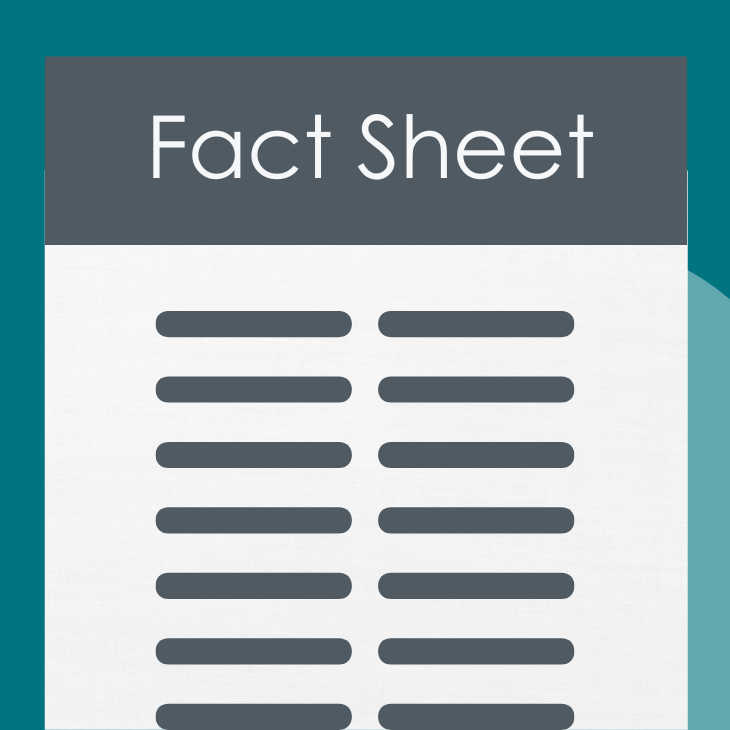
Embryo Donation: What should I know?
Revised 2023
 What is embryo donation?
What is embryo donation?
Patients who undergo in vitro fertilization (IVF) may create more embryos (fertilized eggs) than they plan to use to build their family. The extra embryos may be cryopreserved (frozen) and stored long-term if they are unsure if they may want to use them in the future. Once a patient or couple has decided they are sure they will not want to use them in the future, they have several options for their extra embryos: they can discard them, donate them to research, or donate them to another person/couple to help them achieve a pregnancy.
Who receives donated embryos?
Embryo donation makes it possible to have a child when one or both partners are not able to contribute their own sperm, eggs, or embryos. Using donated embryos may be considered by someone with untreatable infertility that involves both partners, untreatable infertility in a single parent, recurrent pregnancy loss thought to be related to the embryo, or genetic disorders affecting one or both partners.
 How are the donors screened?
How are the donors screened?
The Food and Drug Administration (FDA) has strict guidelines for the testing of people who wish to donate eggs, sperm, and embryos. In some states, there are separate requirements for “tissue donation”. Ideally, the required infectious disease testing and screening is done prior to fertility treatment. In the case of frozen embryos, however, it may be performed at a later date (when possible). The intended parent(s) should be informed of any risk of infection prior to using the embryos.
How should recipients be evaluated?
Evaluation of recipients is similar to that of patients undergoing routine IVF or donor egg/sperm. This includes a thorough medical history of both partners, blood tests including a blood type, and Rh factor sexually transmitted infections (including but not limited to HIV, hepatitis, gonorrhea, chlamydia, and syphilis). Recipients should have a pelvic exam and an assessment of the uterus (womb). A more thorough evaluation should be completed for those over 45, including an assessment of heart function and risk of pregnancy-related diseases. Further counseling by a maternal fetal medicine (MFM) specialist may be recommended. Finally, recipients should also speak with a mental health professional about the decision to use donor embryos and the issues related to parenting a child(ren) that does not share their genetic material.
 Is counseling necessary?
Is counseling necessary?
All involved parties should be counseled by mental health professionals trained in third-party reproduction about their decision to donate or receive embryos. Recipients should discuss their feelings and emotions about parenting children without a genetic connection, including disclosure (or nondisclosure) to the potential child(ren). Both parties should discuss future contact and relationships between the donors, recipient(s), and subsequent children born after embryo donation.
What are the legal implications of embryo donation?
Recipients should seek legal counsel from a lawyer specializing in family issues as laws around this topic vary from state to state. Lawyers should be familiar with state laws concerning who is considered the parent of transferred embryos during pregnancy and after the birth of any child(ren) for the states where both donors and recipients live. Legal agreements should be drawn up so that all involved parties understand their obligations, roles, and expectations. In states without clear rules about the use of donor embryos, the American Society for Reproductive Medicine (ASRM) recommends that recipients accept full responsibility for the transferred embryo(s) and resulting child(ren).
 How successful is embryo donation at achieving pregnancy?
How successful is embryo donation at achieving pregnancy?
As with most assisted reproductive procedures, success rates with embryo donationdepend on the quality of the embryos at the time that they were frozen, the age at the time of obtaining the oocytes of the woman who provided the eggs, and the number of embryos transferred.
Fact Sheets/Booklets
View more fact sheets and booklets written by the ASRM Patient Education Committee.
Menopausal Transition (Perimenopause): What Is It?
The menopausal transition (perimenopause) is the period that links a woman’s reproductive (childbearing) years and menopause.
Osteoporosis
Osteoporosis and osteopenia are conditions of having low bone mass (density).
Hyperprolactinemia (High Prolactin Levels)
Prolactin is a hormone produced by your pituitary gland which sits at the bottom of the brain.Embryo Donation
Find a Health Professional











